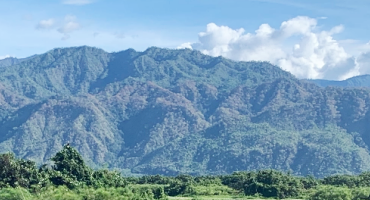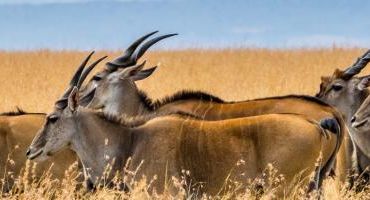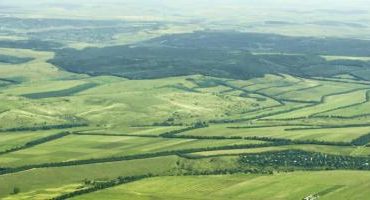
Terrestrial Ecosystems
An ecosystem is a collection of communities of both living and non-living things that are interrelated. While many ecosystems exist on land and in the waters of the world, terrestrial ecosystems are those that are found only on land.
The biotic, or living things found in an ecosystem, include various life forms, such as plants and animals. The abiotic, or non-living things found in an ecosystem, include the various land-forms and the climate.
The terrestrial ecosystems in the region include forestry resources; mountains ecosystems; mineral resources; land; and biodiversity.
Regional priority areas in the management of terrestrial ecosystems include:
- Sustainable utilization of terrestrial ecosystems and natural resources;
- Environmentally sound management techniques for the control of land degradation, such as soil erosion, desertification and forest encroachment;
- Enhancement of the quality of the environment through common measures and programmes of tree planting, afforestation and reforestation, soil conservation;
- Development of common policies for mining and conservation of biodiversity;
- Establishment of databases, information exchange networks and the sharing of experiences in the management and development of the mineral sector using electronic mail, internet and other means for the interactive dissemination of mineral information; and
- Establish a regional seismological network whose primary objective is to monitor seismicity and advice on mitigation measures.




